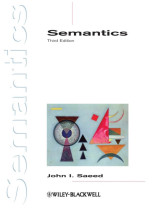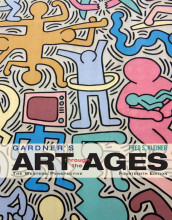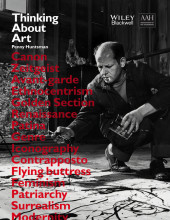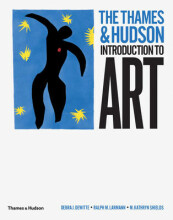Summary: Ancient Mythology
- This + 400k other summaries
- A unique study and practice tool
- Never study anything twice again
- Get the grades you hope for
- 100% sure, 100% understanding
Read the summary and the most important questions on Ancient Mythology
-
Introduction
This is a preview. There are 10 more flashcards available for chapter 08/02/2018
Show more cards here -
What are the origins of the word "history"?
The word ("historia") was originally used by Herodotus and it meant "enquiry" rather than its modern meaning. This was because Herodotus was one of the first historians, who wrote about events that happened shortly before he was born, and his way of acquiring the details of what happened consisted of asking actual elderly witnesses about what they had seen. -
Why don't we know a lot about the Trojan Wars?
These happened before any real historians existed; only poets wrote about this time period, and their poems were typically a mixture of history and mythology (they included gods). While they treated the Trojan Wars as a fact, we don't know where they got their evidence from or how much they actually changed (because poets exaggerated a lot). -
What does the Greek word "mythos" mean?
Story. The word has nothing to do with gods, or with when the story was set. -
In what way are myths and the Greek poets connected?
The Greek poets lived in a time of oral tradition. They could only know what they had heard, which they then sung about. In other words, the tales kept changing as the poets embellished them. This is why different poets told different versions of the same tale/poem. However, after the advent of writing, these poems got written down, resulting in a broad variety of myths (and even by then, poets still had the freedom to change whatever details they wanted). -
What is the relationship between gods, heroes and myths?
Myths don't always have to be about gods and heroes, but tales about gods and heroes are per definition myths. However, often humans still play an important role, as they were present during all of these events (if they are about actualhistory). -
How are Helen of Troy and ritual related?
Helen was originally honoured as a goddess in Sparta, where she was the wife of Menelaos. In many tales, she had many suitors who wanted to abduct her to make her their wife, and then Menelaos would steal her in return from those suitors. This had very little to do with Troy; she was a godlike figure. However, because of this, she became part of the story about Troy and who she originally was was forgotten about. This story can actually be found all over the Indo-European world, with the beautiful, goddess-like wife. -
Why can Greek mythology e considered a network of myths?
Because Greece originally consisted of many different kingdoms, each with their own religions and their own stories, each connected to their own regions. However, Greece was very polycentric, and different city states were in contact with one another, which led to the exchange of these stories. The tale about Troy is a clear example of this, as most of its heroes are actually localised heroes from other tales. -
Who are the wandering heroes?
These are heroes who had to return home after a war and then had to overcome many other troubles and adventures before actually reaching their destination. The Odyssey is an example of this. Many of them founded new cities, such as Aeneas (ancestor to the Romans). These stories actually serve as a means of showing off Greek colonisation. -
How are Aeneas and Romulus and Remus connected in Roman mythology?
In Greek mythology, Aeneas travelled all across the Mediterrean Sea until he founded Rome. In Roman mythology, the twins Romulus and Remus were born to Rhea Silva and Mars, and then abandoned and raised by a wolf until they were strong enough to found Rome. This was a far newer and actually localised story, yet, to connect it to the network of stories, Aeneas was first made their father and later their ancestor (to let the story make more sense). -
How did most of Roman mythology come into existence?
As Rome started to grow and produce more literature, the literature started to focus more on Rome itself. Other localised stories from within the area that had been occupied by Rome were taken over and slightly changed to make them make more sense. For this reason, Romulus and Remus were added to the Greek tale about Aeneas, which first had nothing to do with them.
- Higher grades + faster learning
- Never study anything twice
- 100% sure, 100% understanding
































